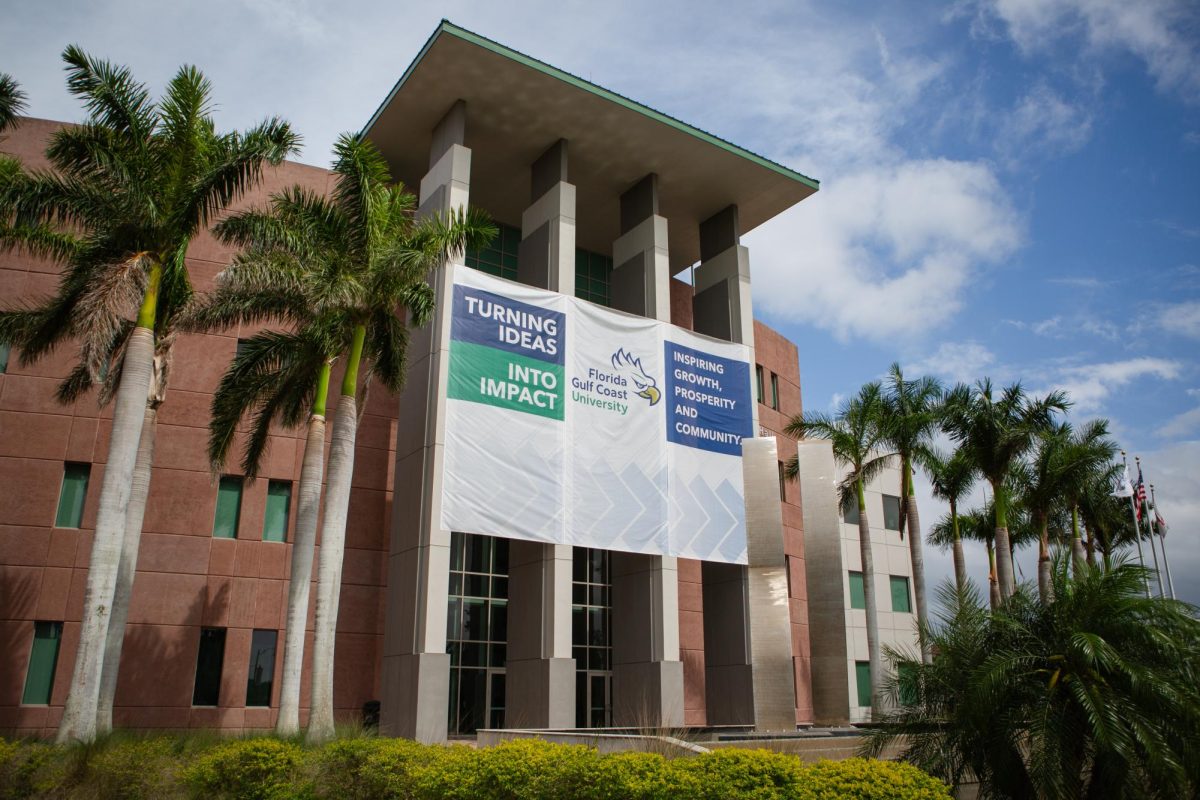Standardized tests have been a part of the American educational system since the first decades of the 20th century when the SAT and the GRE started being set as an admissions requirements to colleges and universities throughout the country.
As far as I can see, such tests are the tip of the iceberg of a measurement culture which values numbers as indicators of students’ achievements.
One of the main problems is that they rank students’ performances as if they were more important than their knowledge, history and abilities.
In a standards and accountability era, educators are increasingly compelled to “teach to the test,” limiting their students possibilities to expand knowledge beyond what is expected from them on a test. Although most educators comply with this system, it does not mean that they want to limit their students’ learning; on the contrary, they feel pressured for being held accountable for their students’ and the school’s outcomes.
As far as I can see, such tests are the tip of the iceberg of a measurement culture which values numbers as indicators of students’ achievements.
One of the main problems is that they rank students’ performances as if they were more important than their knowledge, history and abilities.
In a standards and accountability era, educators are increasingly compelled to “teach to the test,” limiting their students possibilities to expand knowledge beyond what is expected from them on a test. Although most educators comply with this system, it does not mean that they want to limit their students’ learning; on the contrary, they feel pressured for being held accountable for their students’ and the school’s outcomes.
They have no choice, but to conform. Consequently, education becomes a means to an end.
In this opportunity, I would like to raise awareness on how the overemphasis on measurements and outcomes takes the focus off the purpose of education, mainly, the purpose of education in the 21st century.
The fact of the matter is that standardized tests do not prepare students for the challenges of the globalized economy nor do they prepare them to face real-world experiences.
In this opportunity, I would like to raise awareness on how the overemphasis on measurements and outcomes takes the focus off the purpose of education, mainly, the purpose of education in the 21st century.
The fact of the matter is that standardized tests do not prepare students for the challenges of the globalized economy nor do they prepare them to face real-world experiences.
Some authors maintain such tests function as a countermovement to what is expected to be developed as a 21st-century education because they standardize curriculum and knowledge (and people).
Education becomes compartmentalized and fragmented as demanded by the tests’ format, resulting in a combination of disconnected facts that need to be memorized.
So, what to expect from an educational system based on models developed in the 19th century?
If the world is always changing, so should education and curricula in schools.
Mastering content, like math formulas, grammar structures and the periodic table of elements are not enough to educate students in the 21st century.
Education becomes compartmentalized and fragmented as demanded by the tests’ format, resulting in a combination of disconnected facts that need to be memorized.
So, what to expect from an educational system based on models developed in the 19th century?
If the world is always changing, so should education and curricula in schools.
Mastering content, like math formulas, grammar structures and the periodic table of elements are not enough to educate students in the 21st century.
Conversely, they need to learn things that will help them develop career and life skills, like critical thinking, problem-solving, creativity, innovation, information and communication technology literacy, adaptability, flexibility, leadership and cross-cultural skills.
Other scholars suggest that interdisciplinary themes should be integrated, such as global awareness and environmental literacy.
Moreover, if one of the education’s aim is to prepare students for their careers, the challenge relies on preparing them with skills that could be applied to jobs that do not exist yet.
I believe that one of the crucial steps to change this scenario is to be mindful of what is going on. Thus, it is not possible to reject standardized tests if you do not envision how they limit education, educators and students.
Other scholars suggest that interdisciplinary themes should be integrated, such as global awareness and environmental literacy.
Moreover, if one of the education’s aim is to prepare students for their careers, the challenge relies on preparing them with skills that could be applied to jobs that do not exist yet.
I believe that one of the crucial steps to change this scenario is to be mindful of what is going on. Thus, it is not possible to reject standardized tests if you do not envision how they limit education, educators and students.
The educational system is not the only arena that is affected by this limited way of learning.
There are several deleterious effects on the whole society, since people are being put aside, and quantitative results stand as the ultimate goal.
There are several deleterious effects on the whole society, since people are being put aside, and quantitative results stand as the ultimate goal.
As a result, depression, oppression, exclusion and individualism often prevail. Let’s favor creativity, self- expression and wholeness instead.
Story continues below advertisement



































